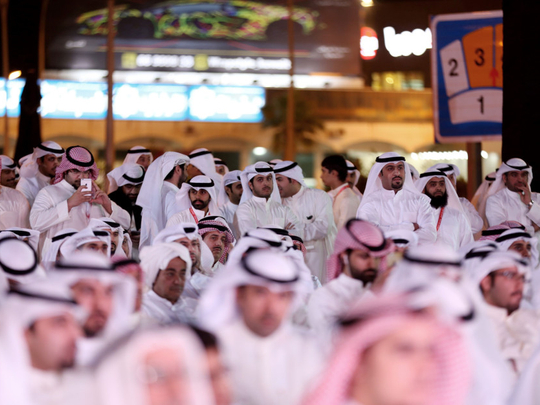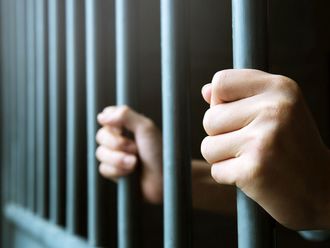
Manama: Kuwaiti’s interior ministry has warned against plastering car windows with posters, pictures or logos related to the parliamentary elections to be held on Saturday.
The police said it would also be strict in dealing with drivers who block traffic by using no-parking areas.
“The General Directorate of Traffic will activate Article 207 of the Traffic Act, which states that any vehicle carrying any sort of posters, flags, pictures or logos of any sect, group or unlicensed organisations will be confiscated. The only exceptions are Kuwait’s iconic figures and the state’s flag,” Interior Ministry Assistant Undersecretary for Traffic Affairs and Acting Director General of the General Directorate of Traffic Fahad Al Shuwaya told the Kuwait News Agency (Kuna).
Several candidates’ pictures and posters are plastered onto cars to promote their candidacy in the neighbourhoods of hesitant voters.
The mobilisation of cars by fervent supporters often leads to traffic jams and road chaos, particularly around the polling stations.
Even though campaigns do not last long, they necessitate a wide range of logistics and put a heavy financial burden on candidates.
A significant budget must be earmarked in order to cover a wide range of matters that range from simple expenses to wide media coverage in the local dailies, on TV channels and social media platforms and on street posters and ads.
Setting up headquarters and hosting guests by offering them lavish dinners are also onerous measures taken by some of the candidates.
A report in Kuna said that some candidates earmarked an overall budget of at least 300,000 Kuwaiti Dinars or around $1 million (Dh3.67 million).
Some parliament hopefuls resorted to some drastic measures in their attempt to secure enough funds for their campaigns. They took loans from banks or asked their families, tribes and supporters for donations and contributions, often resulting in heavy debts and precarious financial and social stability for years.
At the other end of the spectrum, some candidates headed to the registration office, paid the KD50 candidacy fee and left, without bothering to stop by the podium to take some questions from the press about their programmes. Often, they did not have a programme or an election platform to highlight or share their views.
Mohammad Al Shulaimi, a voter, told Kuna that the staggering costs for parliament campaigns failed to achieve the principle of justice among candidates.
“Advertisement companies, either conventional ones or online, are taking advantage of the occasion,” he said. “Candidates must adopt more realistic actions that will attract voters.”
Salah Al Jassar, another voter, said such “skyrocketing price tags for parliament campaigns make any hopeful think twice before running [for the elections].”
“The decision by Kuwait Municipality to allocate only two headquarters for each candidate was a constructive step in the regulation of the electoral process,” he said.
For Najib Al Mutairi, the high costs were a deplorable phenomenon.
“Reaching out to the public directly is the best means for a candidate because it allows him or her to truly interact with the voters and appreciate their concerns and aspirations,” he said.
However, Al Mutairi said an upside for parliament campaigns is the reinvigoration of some economic and commercial sectors through the large amounts of cash spent by candidates.
“In all cases, the readiness by candidates to spend money does not mean that merchants should seize the occasion to inflate prices,” he said.












